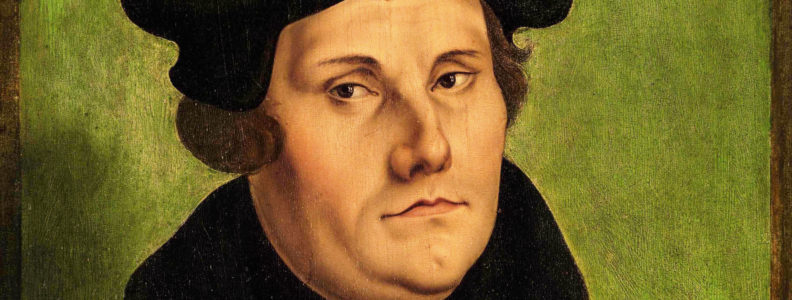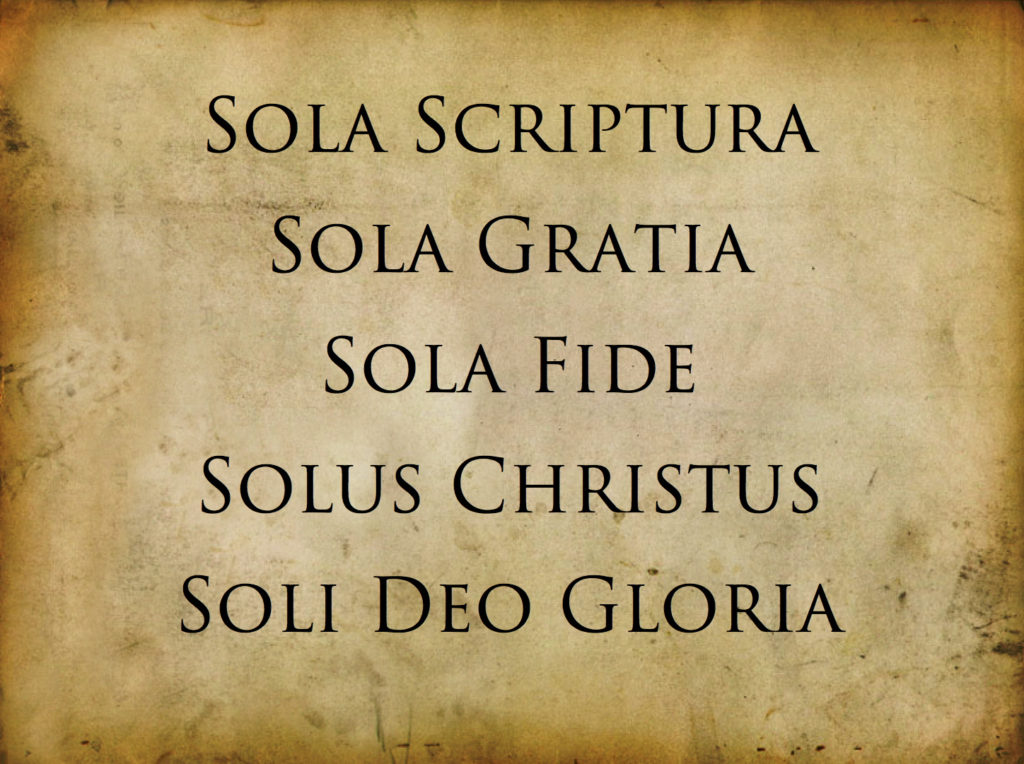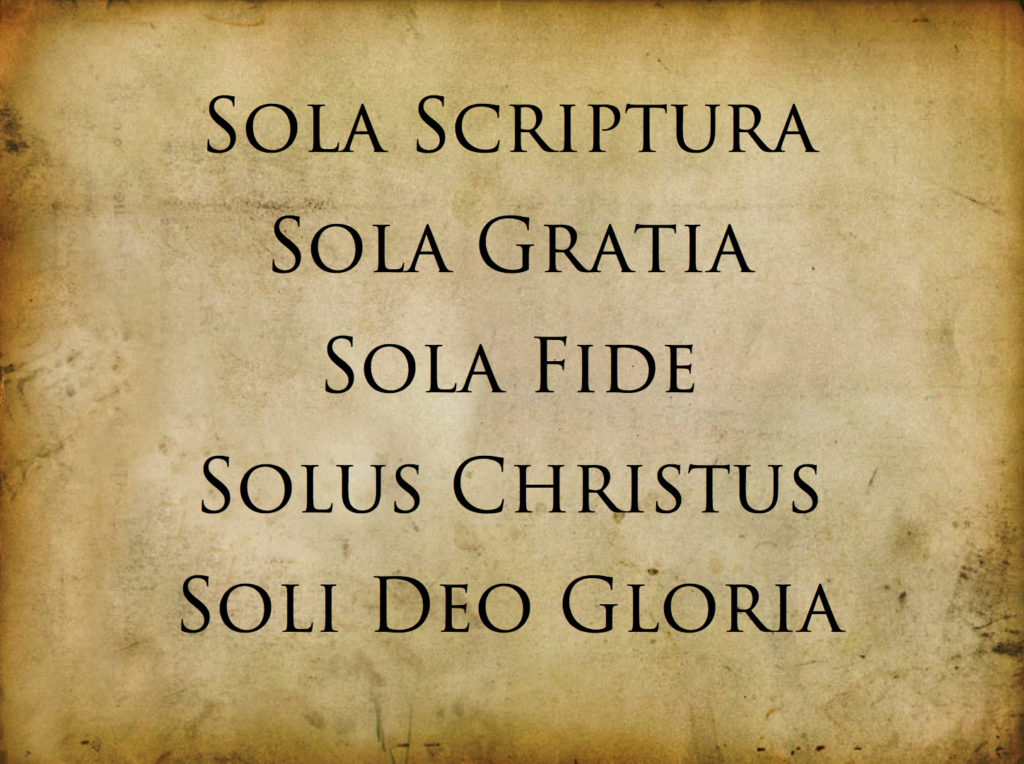God never meant for every pain, sickness or wrong done to us, to be righted on this side of eternity.
Knowing your salvation is secure, you are saved, filled with God’s Holy Spirit, member of the kingdom of God and heaven bound, if God never does anything else for you for as long as you live, will salvation alone be enough?
I do not ask this questions lightly. This is hard question to ponder and an even harder one to answer. I pondered this question during a season in my life and I still ponder it from time to time. As believers, we know that God’s presence is all we need in any situation we find ourselves, especially in difficult situations.
As Moses was interceding for the people with the Lord after the golden calf episode in the wilderness, Moses asked the Lord to show him His way and to show him who will go with on this journey, the Lord responded that HIs presence with go with Moses, to which Moses responded that if God’s presence didn’t go with them, he did not want to go anywhere. Moses understood, that God’s presence was all he needed. Exodus 33:14-15 – And he said, “My presence will go with you, and I will give you rest.” And he said to him, “If your presence will not go with me, do not bring us up from here.”
In a world filled with pain and suffering, our natural reaction is to do anything we can to take the pain and suffering away. Wether it is the pain we are experiencing ourselves or the pain of friends and loved ones, we just want it gone. We were not made to live in pain and sorrow, it was sin that brought pain and sorrow into the world and into our lives, so wherever or whenever we are in pain or see/know anyone in pain, our natural reaction is to do anything we can to make the pain go away. That is why we pray, reach out, counsel, visit and do all we can to help those experiencing some kind of pain, sickness and/or loss.
There is nothing wrong in trying as much as we can to help alleviate our pain as well as the pain and suffering of those around us, but we must never forget that God never meant for every pain, sickness or wrong done to us, to be righted on this side of eternity. In His infinite wisdom, God uses every situation: the good, the bad and the ugly to achieve His purposes, which is to bring glory to His name, to sanctify His people and to set our affections on things above instead of things in this world. We have His presence.
The whole purpose of our redemption is not to make this world a better place for us to live, but to give us a hope of heaven
Not only does God use our pain to sanctify us and set our affections on things above, He also uses it to teach us to be dependent on Him. He will sometimes allow everything to collapse around us so that we learn to trust in Him and not ourselves. This was what the apostle Paul and his companions experienced in 2 Corinthians 1:8-9 : “For we do not want you to be unaware, brothers, of the affliction we experienced in Asia. For we were so utterly burdened beyond our strength that we despaired of life itself. Indeed, we felt that we had received the sentence of death. But that was to make us rely not on ourselves but on God who raises the dead”. God is glorified when we place all our trust and confidence in Him instead of ourselves. His presence is enough.
There is also the case of Job (The book of Job), where the Lord allowed Job to go through severe trials to prove to us who will eventually read the account that He allows His children to be tried severely for the glory of His name and to wean us away from the things of the world. While Job was called a righteous man by God, we learn through his suffering how we are to live for the gory of God and with eternity in mind. While he was bound by physical sickness and emotional pain due to all the loss he suffered, Job never lost sight of eternity, he saw his salvation as enough.
He displayed this when he said in Job 19:25-27: For I know that my Redeemer lives, and at the last he will stand upon the earth. And after my skin has been thus destroyed, yet in my flesh I shall see God, whom I shall see for myself, and my eyes shall behold, and not another. My heart faints within me! In the midst of the most severe and painful trial in his life, Job was longing not just that his problems will be taken away, but for God Himself, he set his face towards eternity. He saw God’s presence as enough.
Knowing God and making Him known is the reason He left us on earth after He saved us, we ought to see every situation as both an opportunity to make Him known and to grow in our knowledge of Him. We must seek the Glory of God, by looking at the pain in light of eternity. Being content with the fact that the pain might never go away on this of eternity. We should learn to be content with His presence in our lives.
The whole purpose of our redemption is not to make this world a better place for us, but to give us a hope of heaven. This is the hope we are to bring into every situation and to share with everyone we come in contact with. In dealing with our pain and in helping others deal with their pain, the gospel of Christ must be at the fore front. Our goal must always be to bring glory to God in the situation and not to please ourselves.
So I ask the question again: Knowing your salvation is secure, you are saved, filled with God’s Holy Spirit, member of the kingdom of God and heaven bound, if God never does anything else for you for as long as you live, will salvation alone be enough?
Soli Deo Gloria!











